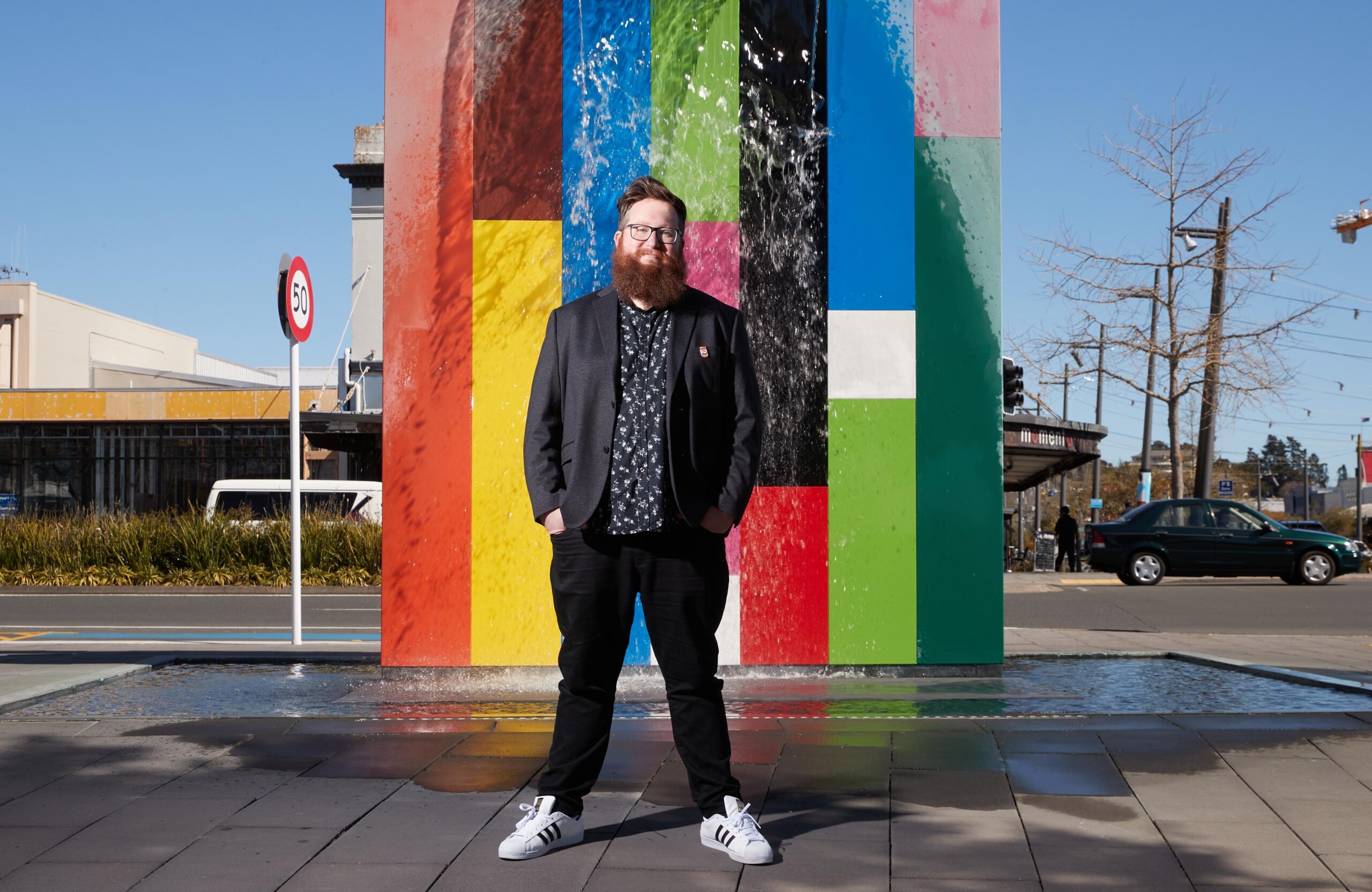Dr Jeremy Mayall: Take time to be silly


It is the make believe, the dreaming, the story telling, the messy, colourful, multidimensional world-building that helps us to develop our brains, our fine motor skills, our communication skills, and our understanding of the possibilities of our world.
As we grow up, play can often drift away. It can feel silly, unproductive and time consuming. We can get caught up in the busy and the stress. But that silly, unproductive play is exactly what we need.
It could be a connection to the children in your life. It could be a distraction from the world. It could be just an opportunity to reset the mind and allow the imagination to direct itself without needing to achieve anything. Getting into a creative flow state and just seeing what happens. In this, we could learn a lot from kids. They are great at doing this.
Many artists also have a playfulness as part of their process. It is unbridled creativity without the need for specific results. Doing something just because it is fun, not in order to achieve something. This process of just doing something to be in that moment is such a powerful tool – particularly at times like these.
We are in a state of change. There is a lot of noise, a lot of uncertainty, and each day we try to make the most of our situation. It can certainly seem that the world is targeted at anxiety rather than playfulness. And while it may seem frivolous to suggest occasionally prioritising creative play instead of our endless to-do lists, the act of play can offer a refreshing alternative. It can be a break from the noise. Encouraging us to reconnect with a key part of ourselves that often gets lost as we are confronted with growing responsibilities.
Taking that small break to do something just because. Something removed from the inner critic, something that doesn’t need to be analysed or understood. It doesn’t need to be shared, it can be just for you. Something you loved to do as a kid.
And make time for it. Schedule a moment of play in your day. The space needs to be there in order to get into that zone. The benefits can be huge for brain function, physical wellbeing, mental health and more. Big companies like LEGO have recognised the value of play for all employees and have play spaces in offices and regular play days. But this is also something you can do at home.
Play has been shown to release endorphins, improve brain functionality, and stimulate creativity. It can contribute to our physical health and energy levels, it also improves memory and stimulates the growth of the cerebral cortex.
One of the things that may often stop us from playing is that we, as adults, get very set on who we are and the types of activities that we do and do not like. But play is healthy and fun, and it is a low-risk opportunity to try some new things and explore the many varied possibilities that can be found around us.
When we play we open our minds to imagination, to creativity, to a curiosity about what comes next and how our ideas will flow as we enter into a flow state. A space of free creativity that doesn’t second guess what you are doing or why you are doing it. This is a great space to be.
When this becomes a regular part of our lives, it becomes more than just a distraction or momentary diversion, but a process that ripples through into other tangential benefits. The support for wellbeing and resilience emerges without requiring any additional effort from us.
Resilience comes from a number of places. It can come from activities that fill our tanks.
Things that generate positive emotions – play is a core source of that. If we are truly in that childlike state of curious discovery, our happiness is front of mind. It is activity without judgement and can be a useful pathway to gratitude in our lives.
Also through being in the moment of play, we can get into a flow state – a state of being where we are completely immersed in that activity. This is a rewarding experience where our perception of time shifts, and our energy levels are replenished – even through physical activity. In this way it can be similar to meditation through encouraging you to focus on where you’re at in the moment. To take a break from the worry, stress, and baggage of adult life.
And that is not to say that those feelings aren’t important, but through proactive play we can set aside the thinking that things need to be one way or another. They can be both or on a continuum. You can experience joyful play and be anxious about the world. It isn’t to shut out any negative energy, but to provide space and openness towards the feelings of joy that can be found in play. That joy is such a vital part of an interesting and inspiring life. We acknowledge the broad spectrum of human experience, but proactively encourage making time for interesting, creative, curious and joyful activities as part of our daily life. Make it something you do each day.
So, how can you do it? Here are some easy steps: